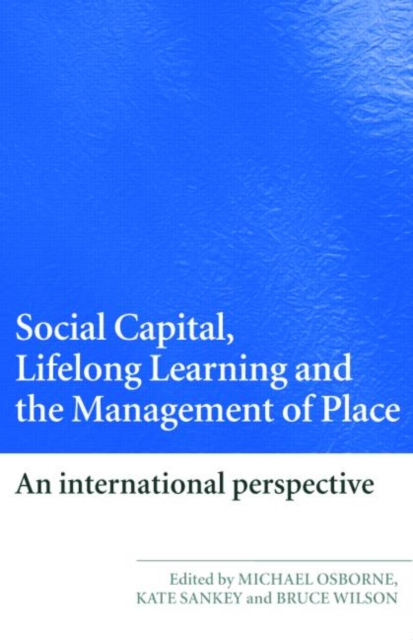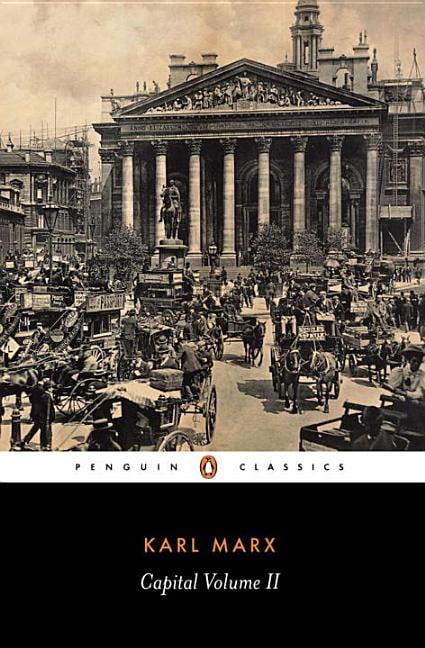


No book has yet made these points more effectively than has Thomas Piketty’s book Capital and Ideology. This book was first published in French in 2019, and then was translated into English in 2020 by Arthur Goldhammer. And of course, prescriptions for reducing inequality will always face intense opposition from those whose comforts and excessive privileges will appear threatened thereby. Moreover, solutions designed to reduce inequality always run the risk of creating unintended, unforeseeable, and complicating consequences, all deriving from the complex and inter-related economic, political, and cultural systems affected by those solutions. This is because inequality is not the simple result of simple causes. Reducing inequality is a much more complex undertaking than simply instituting a few controversial tax policies. However, until recently, very few of these books have offered much in the way of solutions or prescriptions for how excessive inequality might best be reduced and controlled. These books have documented (a) an increasing prevalence and extremes of inequality, (b) different types and different aspects of inequality, and (c) the extensive social, economic, and political costs deriving from excessive inequality. There continue to be a growing number of books examining the many problems associated with excessive economic inequality. Including related observations by Joseph Stiglitz and Anthony Atkinson REDUCING AND CONTROLLING INEQUALITY: Capital and Ideology (2019) by Thomas Piketty:Ī synopsis of his concluding recommendations for reducing inequality


 0 kommentar(er)
0 kommentar(er)
